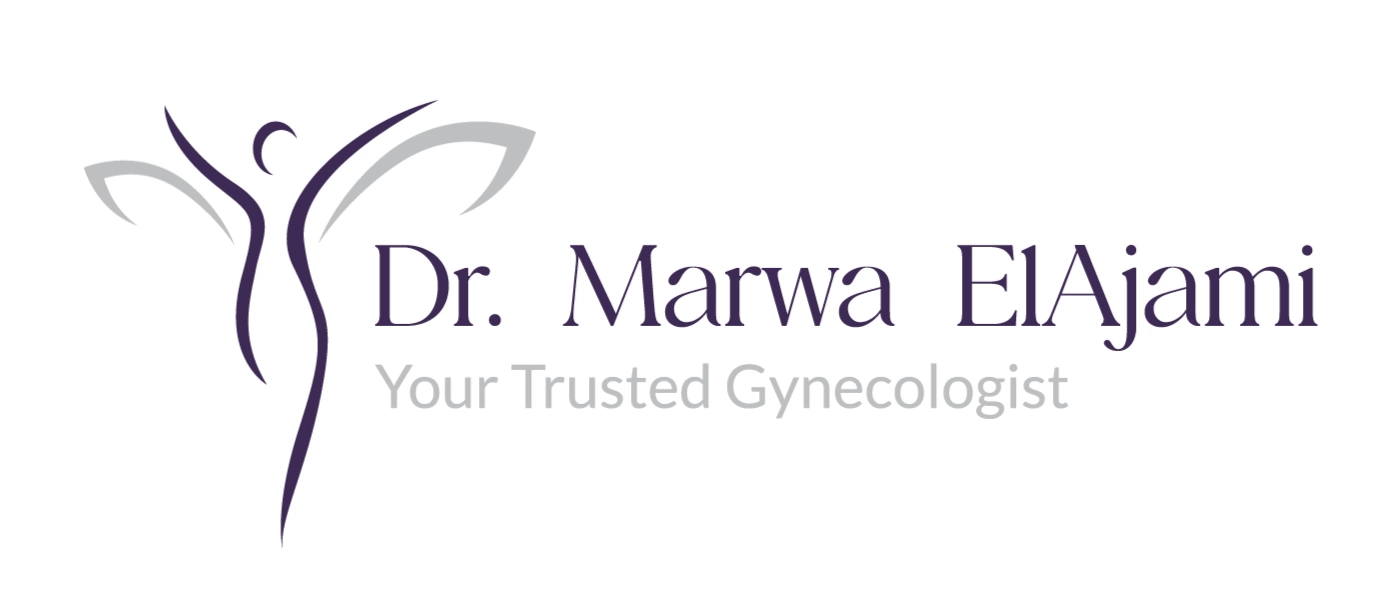Is there an HPV vaccine age limit for adults?
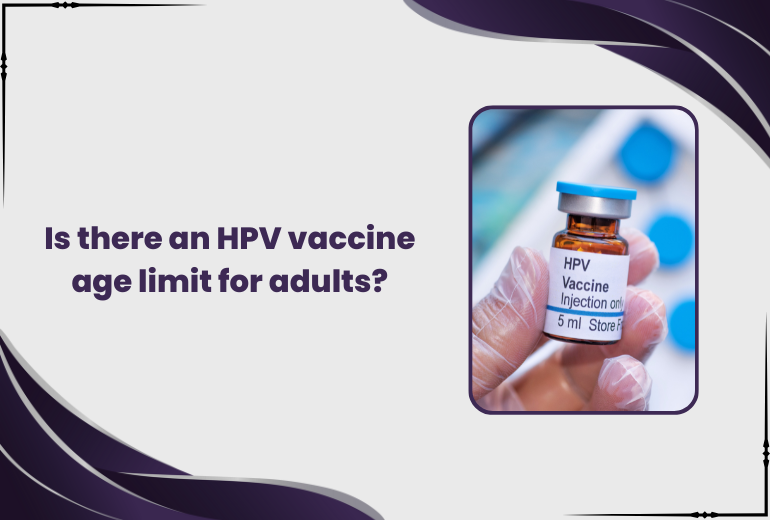
It’s a common misconception that the Human Papillomavirus (HPV) vaccine is exclusively for teenagers.
While it’s true that the vaccine is most effective when administered at a younger age, the conversation around the HPV vaccine age limit for adults has evolved significantly.
If you’re an adult considering this important cancer-preventing vaccine, you might be wondering, “Is there an HPV vaccine age limit for adults?” The answer, as guided by health authorities, is more nuanced than a simple “yes” or “no.”
Dr Marwa Elajami prioritises proactive health and believes in empowering our patients with the most current information. Understanding your risk and the latest recommendations is crucial for deciding if the HPV vaccine is right for you, regardless of your HPV vaccine age.
The evolution of HPV vaccine age recommendations
Initially, HPV vaccination was primarily recommended for adolescents, recognising that it offers the most excellent protection when given before exposure to the virus, which typically occurs with sexual activity.
The robust immune response in younger individuals also contributes to the vaccine’s high efficacy in this age group. However, research and broader public health goals have expanded these recommendations.
The centres for Disease Control and Prevention (CDC) and other health organisations have updated their guidelines, acknowledging the potential benefits for a broader adult population.
So, is there an HPV vaccine age limit for adults?
For routine vaccination, the HPV vaccine is recommended for preteens at ages 11 or 12, with vaccination potentially starting as early as age 9. The CDC also recommends vaccination for everyone through age 26 if they are not adequately vaccinated when they are younger. This is considered a “catch-up” vaccination.
Now, for the critical part concerning adults over 26: Vaccination is not routinely recommended for everyone older than 26.
The United States, (FDA) Food and Drug Administration has approved the HPV vaccine, Gardasil 9, for individuals up to age 45.
For adults aged 27–45, the decision to get the HPV vaccine is made in consultation with a healthcare provider if they weren’t adequately vaccinated in youth. This is what’s known as “shared clinical decision-making.”
Why the shift in HPV vaccine age for older adults?
The rationale behind expanding the age range to 45 is rooted in the understanding that:
New exposures are possible: Even if an individual has been sexually active for many years, they might not have been exposed to all of the HPV types covered by the vaccine (which protects against nine different types of HPV). New sexual partners can introduce new HPV strains.
Prevention, not treatment: The vaccine prevents new infections but does not treat existing ones. However, if you haven’t been exposed to certain high-risk types, the vaccine can protect against those strains.
Cancer prevention: The primary goal of HPV vaccination is to prevent HPV-related cancers, including cervical, anal, throat, vaginal, vulvar, and penile cancers, as well as genital warts. These cancers can develop decades after initial HPV exposure, highlighting the long-term benefits of prevention.
It’s important to understand that the overall benefit of HPV vaccination for people in the 27-45 age range is generally less than for younger individuals.
This is because more people in this older age group have likely already been exposed to some HPV types. However, the vaccine can still offer significant protection for those who haven’t been exposed to all vaccine-preventable types.
HPV vaccine: What is the age limit for maximum benefit?
While the vaccine can be considered up to age 45, it is most effective when administered before any exposure to HPV. This is why the routine recommendation focuses on preteens and adolescents.
Their immune systems respond very robustly to the vaccine, and they are less likely to have initiated sexual activity, thereby minimising prior HPV exposure. The younger the individual is at vaccination, the higher the efficacy in preventing future HPV infections and related cancers.
Discussing your options with Dr Marwa Elajami
Deciding whether the HPV vaccine is appropriate for you as an adult requires a personalised conversation with a healthcare professional. Dr Marwa Elajami will consider several factors:
- Your sexual history: This helps assess your potential past and future exposure to HPV.
- Your age and overall health.
- The specific HPV strains you might have already been exposed to (if known).
- Your risk factors for HPV-related cancers.
- The potential benefits versus the cost, and any personal concerns.
Dr Marwa Elajami will work with you to make a well-informed decision tailored to your individual health needs and goals. As a proven form of cancer prevention, the HPV vaccine offers significant long-term protection.
While the ideal HPV vaccine age is younger, its protective benefits extend further into adulthood than many realise. Don’t assume you’re too old; a simple conversation with your doctor could open the door to vital protection. Book an appointment now.
Frequently Asked Questions
The HPV vaccine is routinely recommended for preteens at ages 11 or 12, with vaccination able to start as early as age 9. Catch-up vaccination is recommended for everyone aged 26 who wasn’t adequately vaccinated when younger.
For adults aged 27–45 who were not previously vaccinated, the HPV vaccine may still be an option following a conversation with a clinician about its potential benefits and risks. This is based on shared clinical decision-making.
The vaccine is most effective when given before any exposure to HPV. Younger individuals typically have a stronger immune response and are less likely to have been exposed to the virus through sexual activity.
No, the HPV vaccine is preventative. It protects against new HPV infections but does not treat existing infections or HPV-related diseases (like warts or cancers).
You should have a discussion with your doctor about your sexual history, potential for new HPV exposure, and whether the vaccine can still offer protection against HPV types you haven’t yet acquired. A consultation with your doctor can help assess whether the benefits of vaccination outweigh your individual risks.
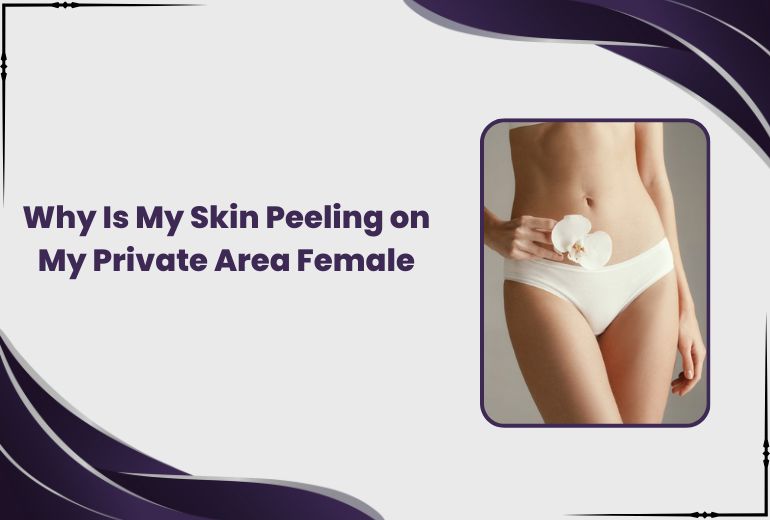
Why Is My Skin Peeling on My Private Area Female
Why Is My Skin Peeling on My Private Area Female – Common Causes Experiencing skin peeling on your private area can feel uncomfortable, worrying, and
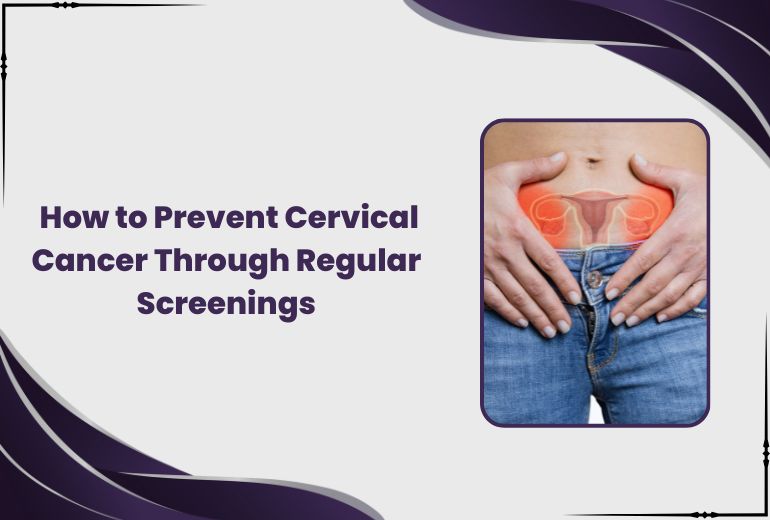
How to Prevent Cervical Cancer Through Regular Screenings
How to Prevent Cervical Cancer Through Regular Screenings As per the World Health Organization, cervical cancer is the fourth common cancer in women worldwide. Despite
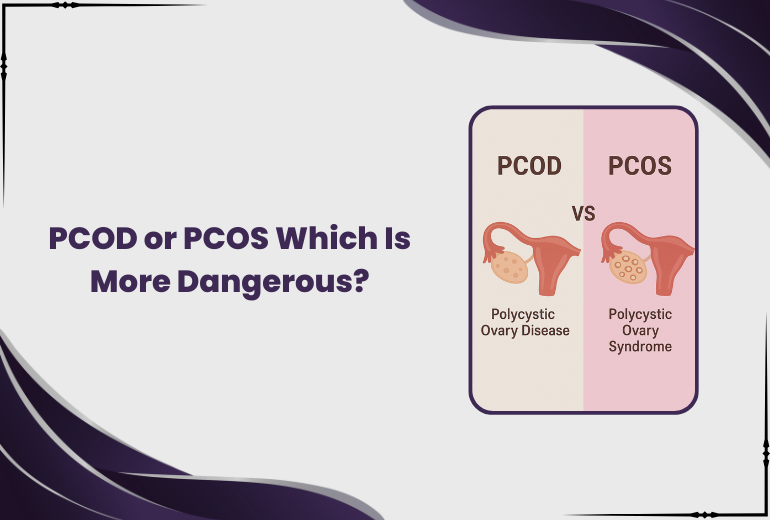
PCOD or PCOS Which Is More Dangerous?
PCOD or PCOS Which Is More Dangerous? PCOD or PCOS which is more dangerous? Navigating the complexities of women’s reproductive health can feel overwhelming, especially

Is there an HPV vaccine age limit for adults?
Is there an HPV vaccine age limit for adults? It’s a common misconception that the Human Papillomavirus (HPV) vaccine is exclusively for teenagers. While it’s
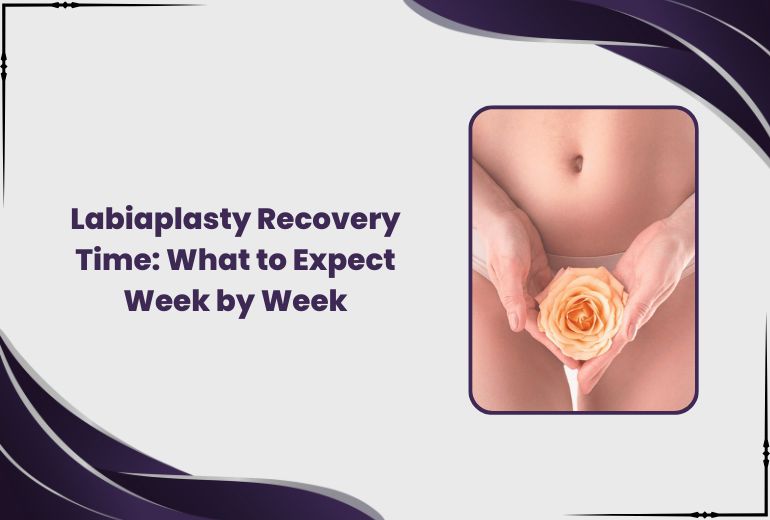
Labiaplasty Recovery Time: What to Expect Week by Week
Labiaplasty Recovery Time: What to Expect Week by Week Labiaplasty Recovery Time: A Gentle Journey Toward Healing and Confidence! Undergoing labiaplasty can be an empowering
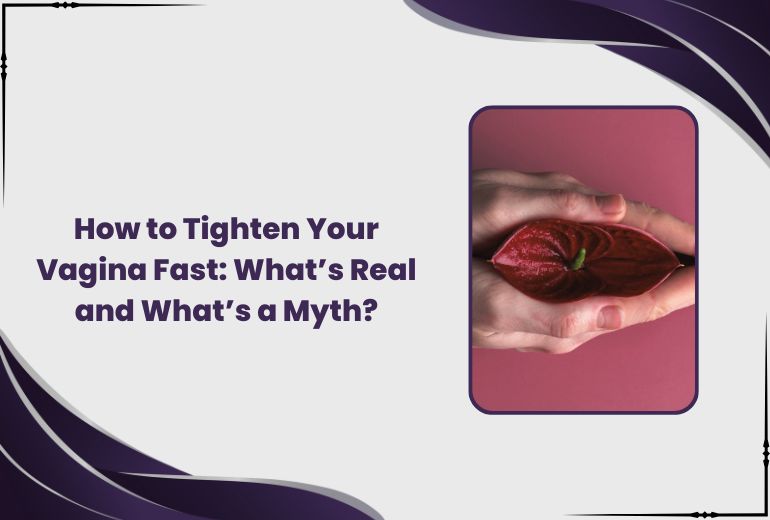
How to Tighten Your Vagina Fast: What’s Real and What’s a Myth?
How to Tighten Your Vagina Fast: What’s Real and What’s a Myth? For many women, vaginal laxity can feel like an awkward topic. But the
